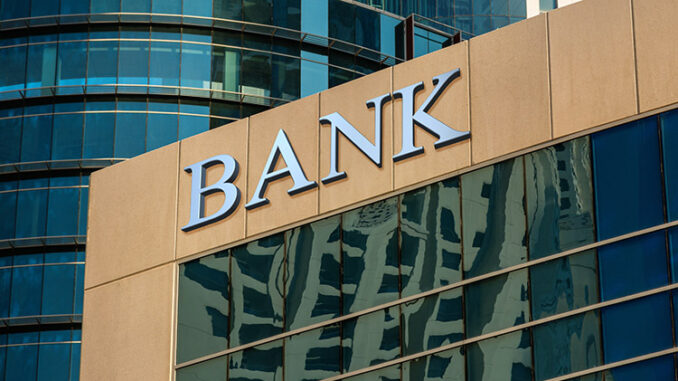
The failure of the Silicon Valley Bank and Signature Bank, along with the rescue of First Republic Bank, made headlines in the past month. You may be wondering, what exactly does it mean for a bank to fail? Also, what happens after a bank fails?
First, it might be important to take a close look at what banks do. Banks allow people and businesses to safely store their money. People deposit [to put something in a place] their money into a bank and withdraw their money from a bank. Banks do not keep all the money that people deposit, though. Banks use the money they hold for people to make more money for themselves. They make loans to people and businesses. They charge people extra money called interest when people pay back the loans. Sometimes banks make investments, or spend money on things that are expected to become more valuable over time.
However, banks don’t always end up making money for themselves. In the case of Silicon Valley Bank, they invested in something that lost value. Many of the companies that they loaned money to were also losing money. This caused the bank to lose money. When people found out about the bank losing money, they wanted to withdraw their money. Silicon Valley Bank did not have enough money to pay for all these withdrawals. Often when one bank fails, it can lead to other banks failing. As Silicon Valley Bank failed, customers of other banks worried about their money. Signature Bank also failed when people began withdrawing their money. Eleven major banks agreed to lend money to First Republic bank to stop it from failing.
Since 1933 and the Great Depression, the Federal Deposit Insurance Corporation (FDIC) has assumed control of failing banks. It either sells the bank or gets a more successful bank to take over its operation. It will pay back up to $250,000 to people who lose money in a bank that fails. In the case of Silicon Valley Bank, the federal government agreed to pay back all the money people lost. This was to help to restore confidence in the banking system. However, it is controversial because this money comes from taxes.
What Do You Think? Were you surprised to learn that a bank could run out of money? How do you think the government should respond to a failing bank?
Photo Credit: Anton Violin/Shutterstock



